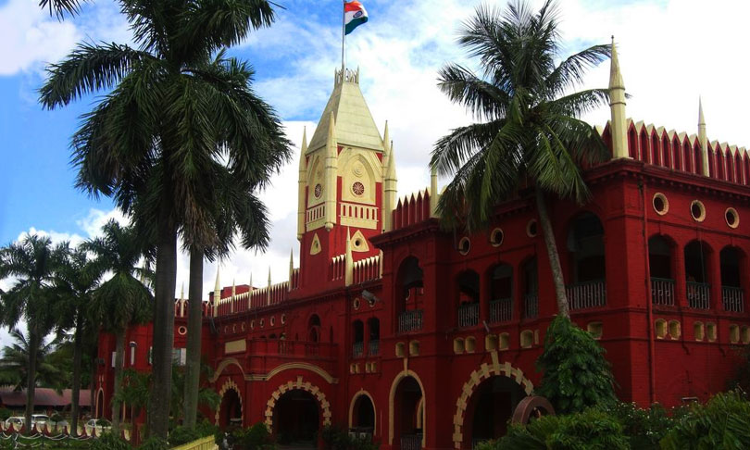'Case Proceeded At A Snail's Pace': Orissa High Court Acquits Man Of Corruption Charges After 31 Years
LIVELAW NEWS NETWORK
5 Jan 2021 6:46 PM IST

Next Story
5 Jan 2021 6:46 PM IST
The Orissa High Court on Monday allowed a 31 years old criminal appeal and acquitted a man accused of corruption. "It is said that slow and steady wins the race, but when the world is changing very fast, if one does not take pace then the fast would beat the slow. This case is a glaring example to show as to how the true import of the legal maxim 'justice delayed is justice denied'...
